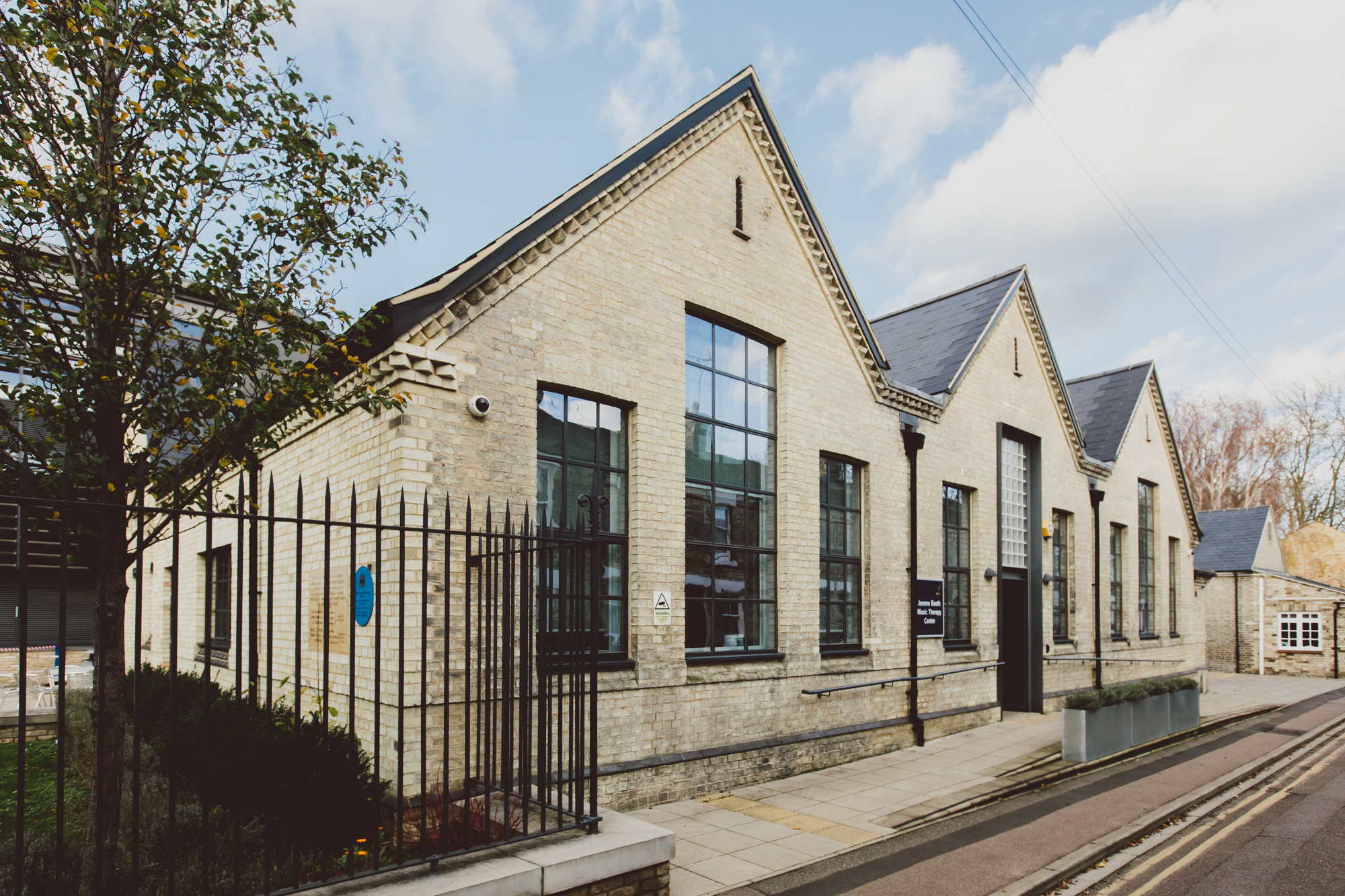CIMTR Public Lecture Series: Rhythmic Auditory Stimulation for Gait Training in Paediatric Neurorehabilitation with Gemma Kelly
Events — Online Webinar ZOOM14 November 2022, 17:30
Children with severe Acquired Brain Injury (ABI) frequently have walking goals. Rhythmic Auditory Stimulation (RAS) aims to improve walking speed and gait quality.
Methods
N=4 (age 10-12; mean time since ABI 12.75 weeks). Multiple baseline single case experimental design study. Baseline (A) phase; standard rehabilitation (10 physiotherapy sessions/week), intervention (B) phase; 2/10 sessions replaced with RAS. 10m Walk Test (10mWT) and Edinburgh Visual Gait Scale (EVGS) completed biweekly at the beginning and end of the session. Visual analysis of level, slope and trend, and statistical analysis of effect size via Tau-U conducted across phases. Descriptive analysis of within session change completed.
Results
All children improved across study. 10mWT; three children demonstrated steeper trendline in phase A, one child demonstrated consistent trendlines between A and B phase. Tau-U indicated a small effect size which was not statistically significant EVGS; one child showed steeper trendline in phase A and one in phase B, others were consistent. One child’s EVGS improved significantly more in B phase. Tau- U indicated a large effect size that was statistically significant. Within session changes indicated that overall children showed greater immediate changes with the EVGS and 10mWT with the RAS than with standard physiotherapy.
Conclusions
RAS in addition to standard physiotherapy interventions may be of benefit to children relearning to walk after an ABI, potentially with a greater effect on gait biomechanics than walking speed. RAS could be considered alongside other gait interventions for children with ABI, but more research is required.

Register for this ZOOM Webinar.
RegisterEvent contact: naomi.thompson@aru.ac.uk